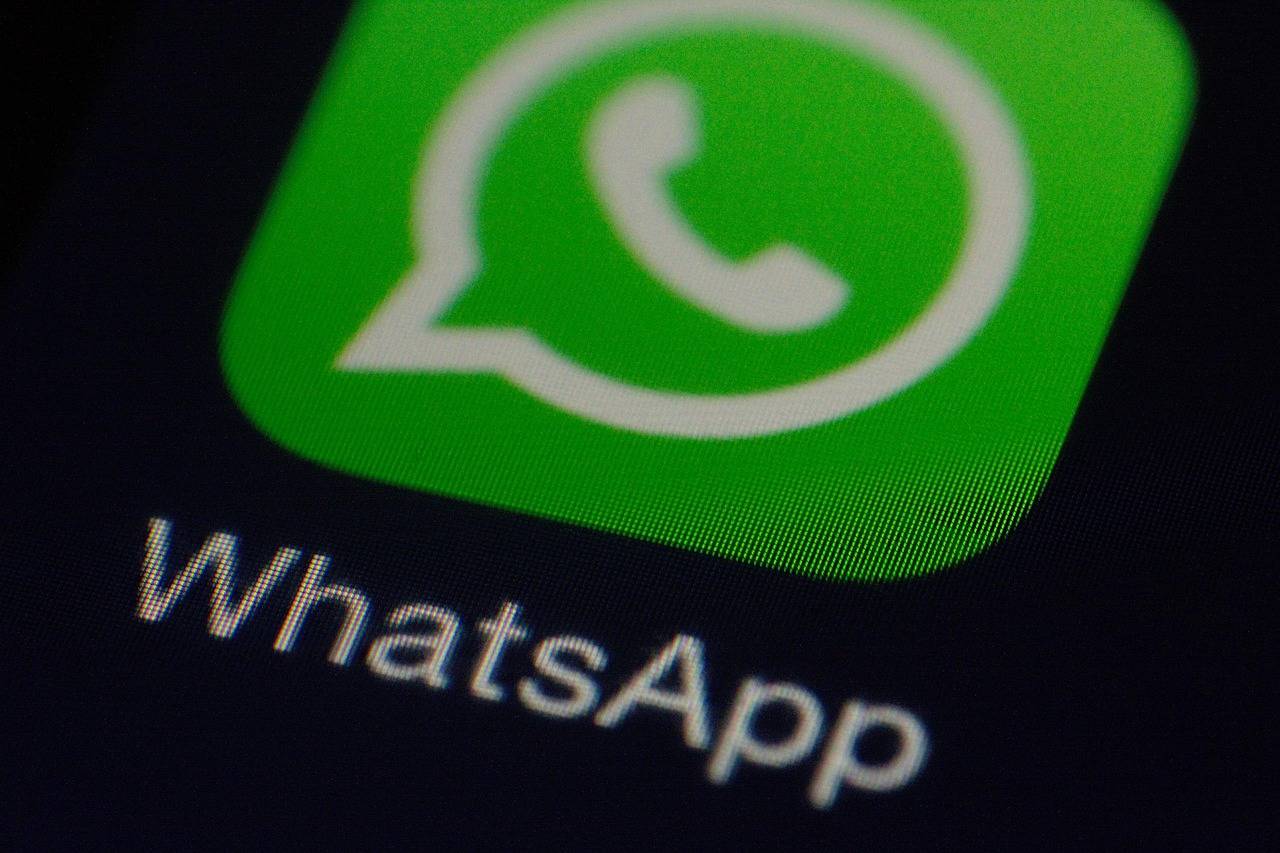Iran: The Iran WhatsApp ban has taken a new and dramatic turn, as Iranian state television publicly called on citizens to delete the messaging app from their mobile devices. The state broadcaster alleged, without offering concrete evidence, that WhatsApp collects user data and shares it with Israel.
This message broadcast on June 18 has raised concerns among millions who rely on the messaging platform for daily communication.
WhatsApp, which is owned by Meta Platforms, uses end-to-end encryption, which means only the sender and receiver can read messages while third parties cannot access them. The company has stated that it does not track users’ exact locations or store conversation logs, nor does it share large volumes of information with any government.
Despite these assurances, the Iran WhatsApp ban push comes amid long-standing government restrictions on social media within the country. Over the years, Iran has blocked many global social networks, though Iranians continue to use VPNs and proxies to bypass restrictions.

WhatsApp and other apps such as Instagram and Telegram have remained widely used despite past bans. In 2022, Iran blocked WhatsApp and Google Play during widespread anti-government protests but lifted those restrictions late last year.
The Iran WhatsApp ban highlights ongoing tensions over digital freedom and privacy concerns in the country. The state’s latest claim has increased fears that the service could face another block, cutting off a key tool for messaging and news sharing for many Iranians.
The Iran WhatsApp ban situation remains fluid as many users decide whether to uninstall the app or continue using it through circumvention tools. The move demonstrates how digital platforms often become focal points in Iran’s tight control over information and dissent.



